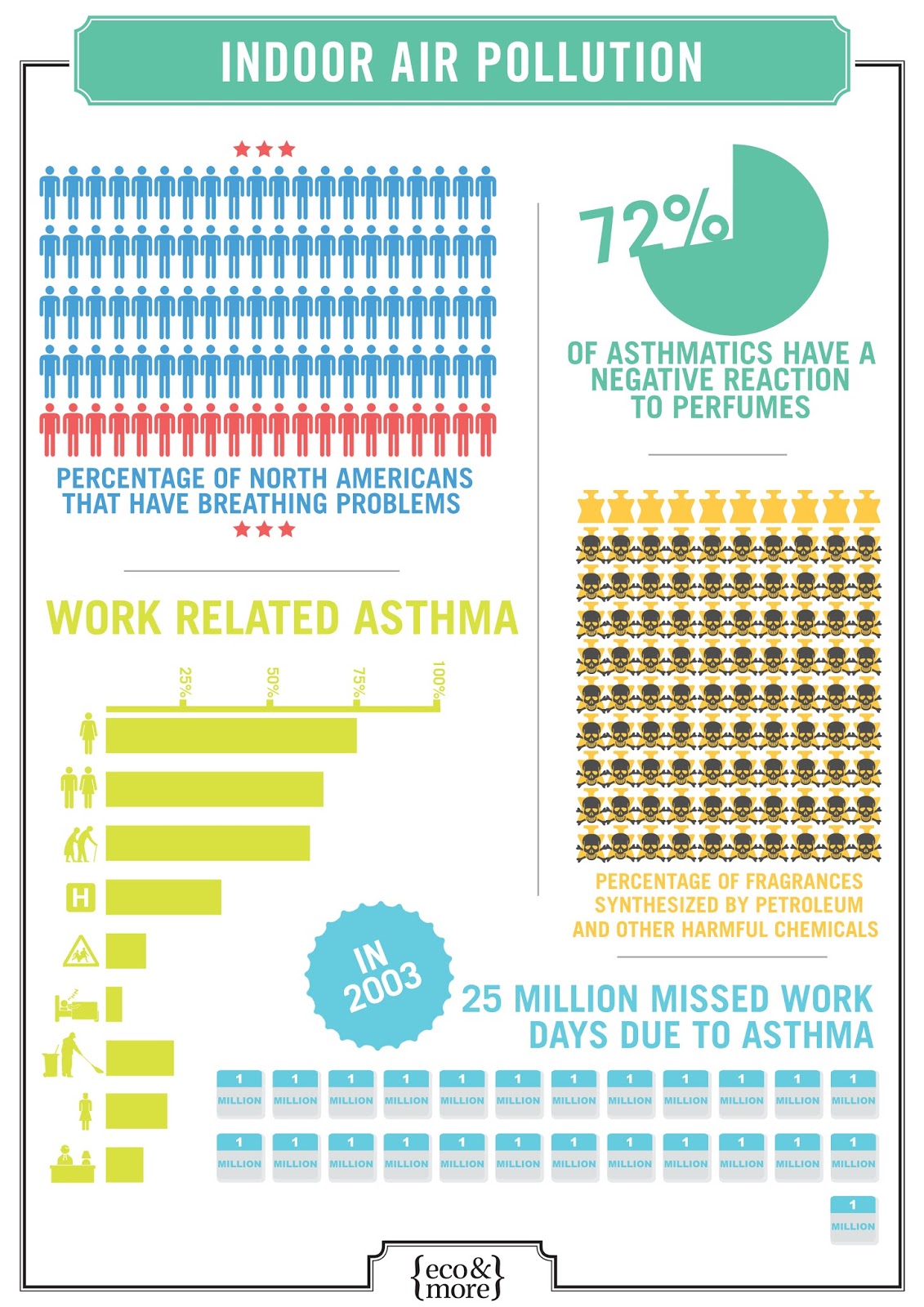How Weather Condition Impacts Heatpump Performance And What You Can Do Regarding It
How Weather Condition Impacts Heatpump Performance And What You Can Do Regarding It
Blog Article
Material Author-Pacheco Greve
When it concerns your heatpump, weather condition plays an important role in its performance. From freezing temperature levels to sweltering heat, each aspect can affect just how successfully your system runs. However what can you do to battle these weather-related challenges and guarantee your heat pump is operating at its ideal? Stay tuned to uncover useful suggestions and methods to enhance your heat pump's efficiency, no matter the climate condition it faces.
Weather Condition Variables Impacting Heatpump Efficiency
Weather condition variables have a considerable impact on the performance of heat pumps. One crucial variable is temperature level. Heatpump work by transferring warmth from outdoors to within during winter season and vice versa in summer. As temperatures drop, it ends up being harder for the heatpump to extract warmth from the outside air, minimizing its effectiveness.
Another key element is moisture. High humidity degrees can make it more challenging for the heat pump to launch warmth throughout the cooling process.
In addition, wind rate contributes. Solid winds can dissipate the warmth soaked up or released by the heat pump, influencing its overall efficiency.
Tips for Optimizing Heat Pump Performance
To enhance the performance and longevity of your heatpump, implementing a couple of key approaches can make a substantial distinction in its efficiency.
First of all, make sure regular upkeep by cleaning or changing filters every 1-3 months to avoid air movement blockages and take full advantage of air flow. In addition, schedule yearly professional inspections to find and address any kind of prospective problems early on.
Optimal thermostat settings additionally play an important role. During the winter season, go for a temperature level setting that's as reduced as comfy, and during the summertime, set it as high as comfortable to lower the workload on your heatpump. Making use of a programmable thermostat can help you instantly readjust settings based on your routine.
In addition, sealing leakages in ductwork and protecting ducts in unconditioned rooms can prevent energy loss and boost overall system performance.
Lastly, take into consideration installing a smart thermostat that can discover your habits and adjust settings as necessary, further maximizing your heatpump's efficiency. By https://docs.google.com/spreadsheets/d/1y5oIb3f-oUNFIWng429i9DqZozZRUtrp3eVnEBQviRo/edit?usp=drive_link to these tips, you can ensure your heat pump operates successfully and properly throughout the year.
Best Practices for Weatherproofing Your Heatpump
For optimal performance and performance of your heat pump, implementing weatherproofing steps is essential. Beginning by securing any voids or splits around doors, home windows, and ductwork to prevent warmth loss and maintain a constant interior temperature.
Shield exposed pipes and ducts to avoid cold during winter and make certain appropriate airflow. Consider mounting a protective cover over the exterior system to shield it from harsh weather elements like snow, ice, and particles.
Regularly tidy the exterior system to get rid of dirt, leaves, and particles that can block air movement and lower efficiency. Furthermore, maintain see this site around the heat pump free from snow, ice, and plants to allow for proper air flow.
Verdict
Now that you comprehend how climate impacts your heatpump efficiency, you can take proactive steps to optimize its performance. By following the pointers detailed in this post, such as regular upkeep, thermostat adjustments, and weatherproofing steps, you can make certain that your heatpump runs at its best regardless of the climate condition. Remain successful and maintain your home comfortable all the time.
